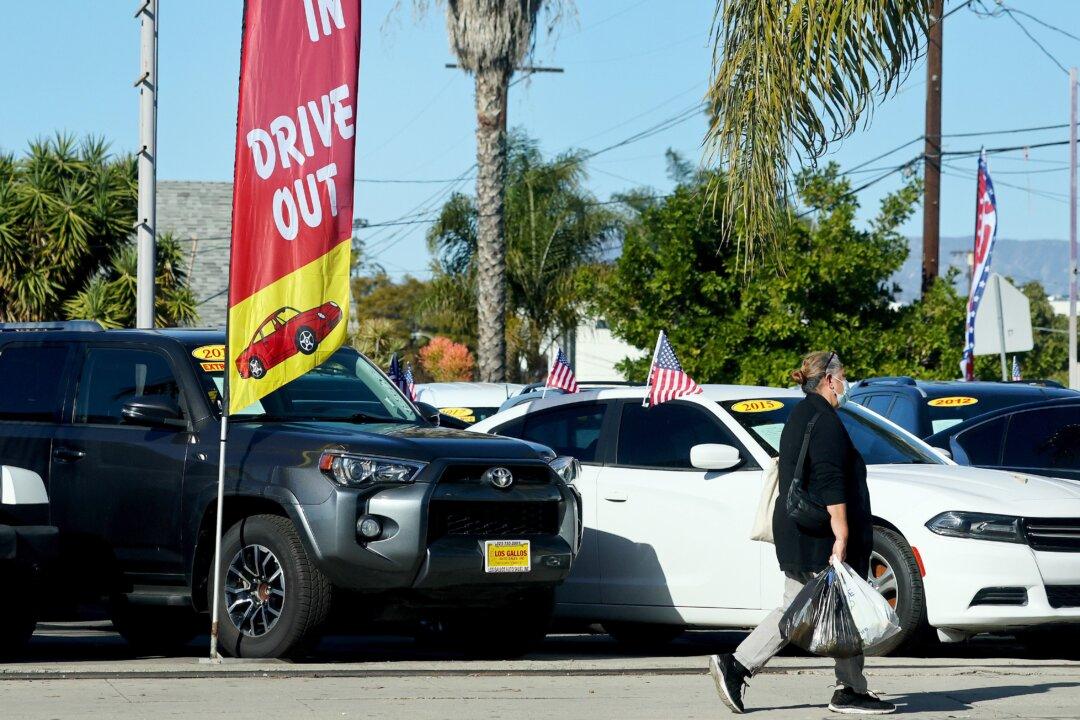Wholesale used car prices in the United States plunged again in July, although less than that in June, according to two major indicators for the auto industry.
Used vehicle prices plunged, while a combination of high interest rates and inflation pushed car payments, maintenance, and auto insurance costs upwards.One of the top indicators, Cox Automotive’s Manheim Used Vehicle Value Index, reported a fourth-straight monthly decline on Aug. 7.





